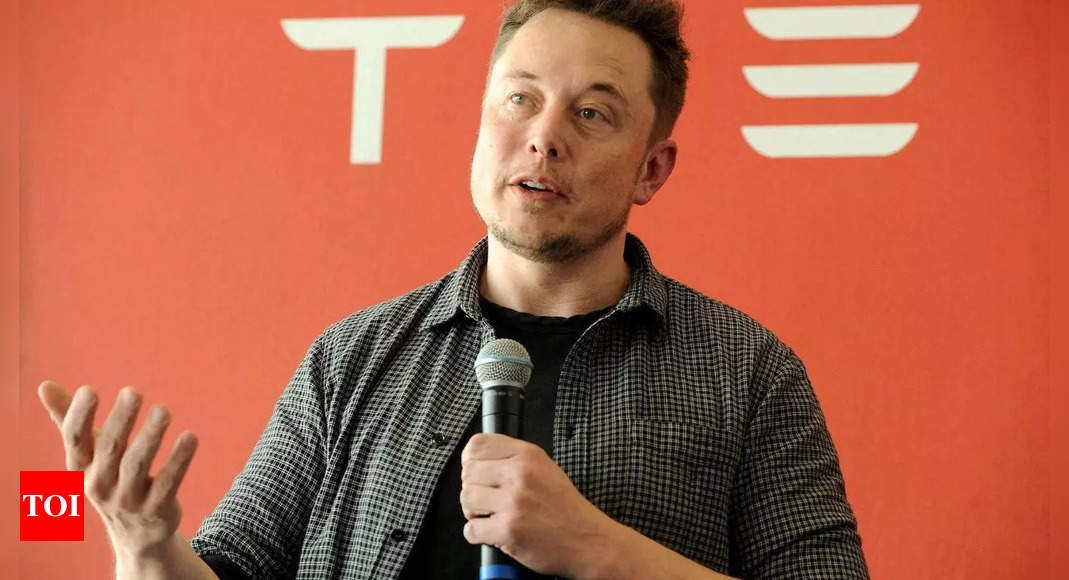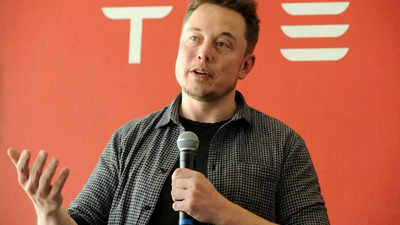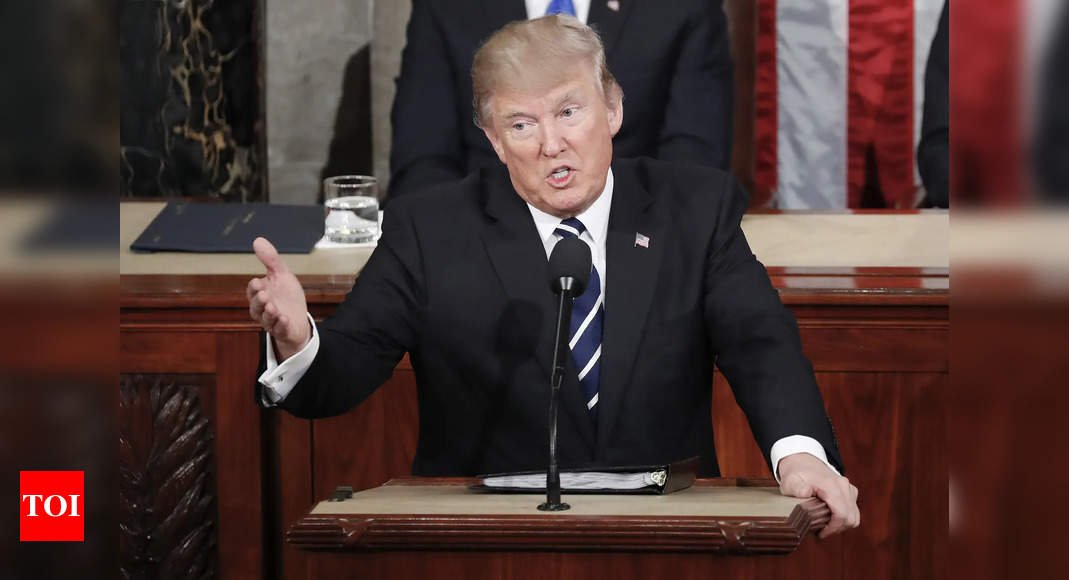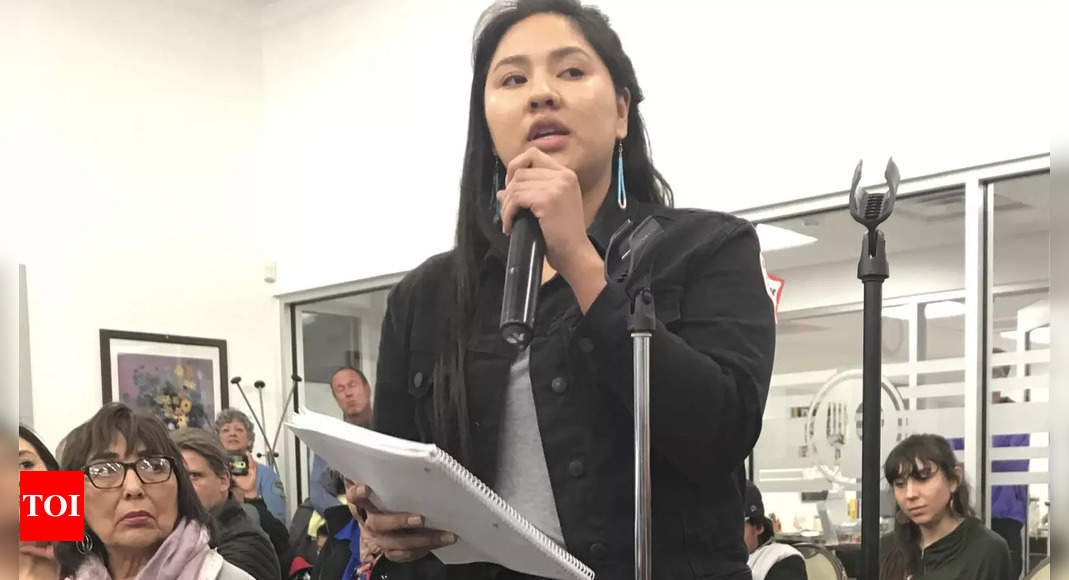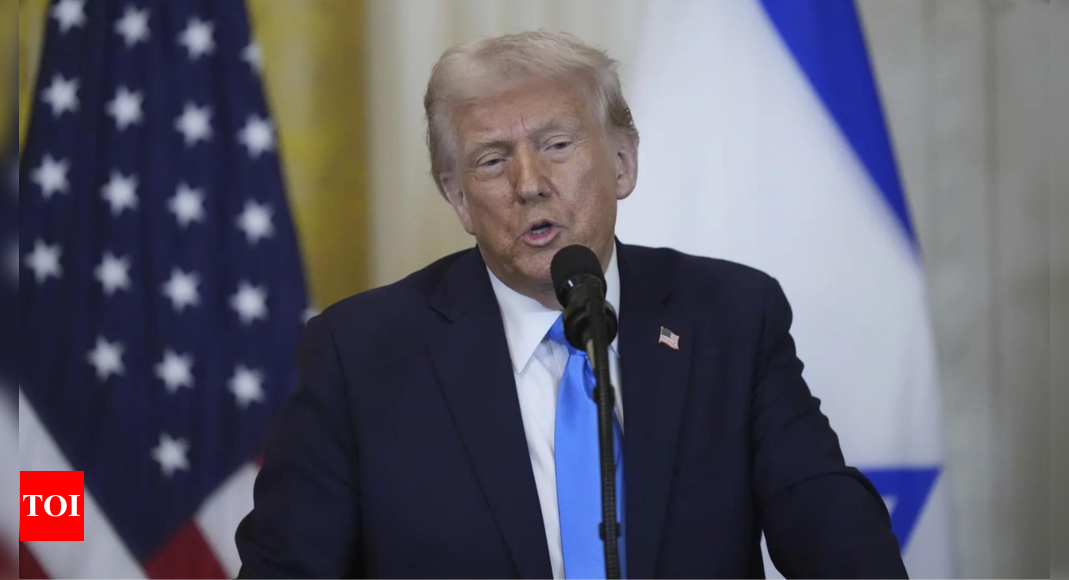Elon Musk, a proud holder of degrees in Physics and Economics from the University of Pennsylvania, has never shied away from criticizing the very system that shaped him. Standing at a rally in 2024, backing Trump’s re-election bid, Musk declared, “Too many people spend four years in college, accumulate a ton of debt, and don’t have any useful skills they can apply afterward.” A somewhat surprising statement indeed, considering his own academic credentials. Interestingly, Musk’s critique of higher education aligns neatly with Trump’s long-standing skepticism of traditional learning.
5 times Musk challenged the conventional notion of education
Elon Musk has repeatedly challenged traditional education by advocating skills over degrees, dismissing MBAs, prioritizing hands-on learning at Tesla, homeschooling his kids in a custom school, questioning college relevance, and emphasizing autodidactic learning through real-world experience over formal credentials.
College education is overrated
Musk voiced his opinion about higher education in a video shared by Autism Capital on X (formerly Twitter), stating, “I think the value of a college education is somewhat overweighted. Too many people spend four years, accumulate a ton of debt, and often don’t have useful skills that they can apply afterwards.”
He highlighted his deep appreciation for electricians, plumbers, and carpenters—skilled professionals who refine their craft through hands-on expertise—emphasizing that their contributions outweigh the need for yet another “incremental political science major.”
You practically learn nothing in college
In September 2023, dropped a meme bomb in X about college education and it’s hilariously savage. It features three images: an IndiGo plane taking off labeled “Going to College,” another landing labeled “Graduating from College,” and a final image of passengers using a mobile staircase labeled “All the information you learned in College.” The meme implies that while students embark on higher education with high expectations, they retain little useful knowledge post-graduation.
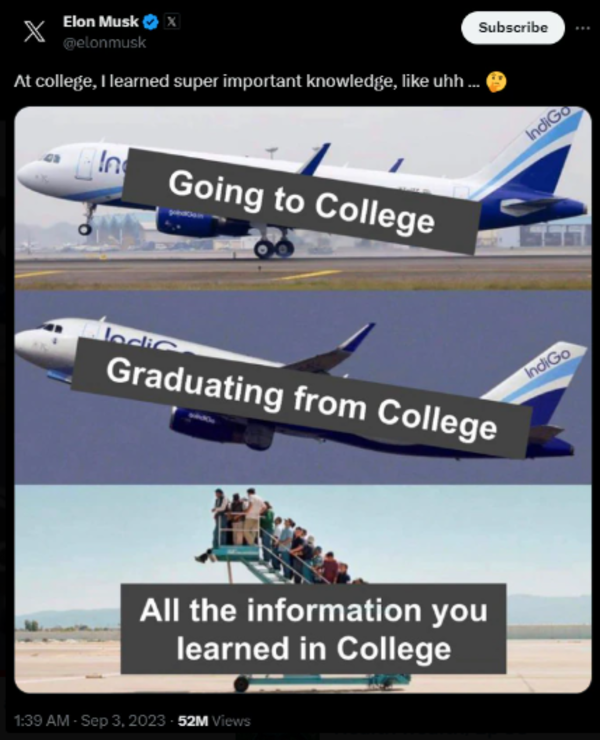
College is for fun
“You don’t need college to learn stuff. Everything is available basically for free. You can learn anything you want for free. It is not a question of learning. I think colleges are basically for fun and to prove you can do your chores. But, they’re not for learning,” said the tech billionaire in a 2023 interview. According to Musk, college serves more as a social experience and a test of discipline rather than a necessity for gaining useful skills. His emphasis on self-learning aligns with his hiring philosophy—prioritizing talent, curiosity, and hands-on expertise over formal credentials.
Relevant skill more important than college degree
A few months back Musk took to X and invited applications from software engineers to build his ‘Everything App’. “If you’re a hardcore software engineer and want to build the everything app, please join us by sending your best work to code@x.com. We don’t care where you went to school or even whether you went to school or what ‘big name’ company you worked at. Just show us your code,” he wrote.
Musk’s approach challenges the long-standing belief that a college degree is the ultimate career currency. Instead of scanning résumés for prestigious alma maters, he’s scouting for raw talent—those who can build, innovate, and deliver results. His message? The ability to write great code matters far more than an Ivy League diploma or a stint at a big-name firm. This isn’t just theory—Musk has walked the talk for years. Tesla, SpaceX, and his other ventures have been known to hire brilliant minds without conventional degrees.
Musk pulled out his kids from traditional schools
According to media reports, he withdrew his children from traditional classrooms a decade ago, reaffirming his skepticism toward conventional education. His rejection of traditional schooling for his own children underscores his belief that learning should be dynamic, adaptable, and rooted in real-world application—qualities he finds lacking in conventional higher education.
Why does Musk believe that higher education is not necessary?
Musk’s criticism is rooted in the belief that universities have divorced from their fundamental purpose- imparting useful skills. Rather, they have translated into debt-generating machines, leaving graduates burdened with financial strain but lacking prowess in real-world skills. Musk contends that college degrees serve more as social signals rather than indicators of competence, reinforcing an elitist system that pushes credentials over actual ability. He celebrates hands-on experience, than rote learning.
Apple CEO Tim Cook echoed a similar sentiment in November last year, emphasizing that a college degree is not a prerequisite for employment at Apple.
This perspective aligns with that of Apple’s co-founder, Steve Jobs, who was famously skeptical of higher education. Jobs once remarked that college often produces “bozos,” a belief reflected in his daughter Lisa Brennan-Jobs’ memoir, Small Fry, where she noted his general distrust of traditional academia.
Like Musk, like America: Higher education loses trust
Well, half of America has thrown its weight back on Musk’s stance on education. A recent Gallup’s poll conducted in 2024 highlights a sharp decline in Americans’ confidence in higher education, with Republican trust plummeting from 56% in 2015 to just 20% today. The report attributes this shift to concerns over political bias, rising tuition costs, and a failure to equip students with practical skills. While economic data shows that degree holders earn significantly more, the study reveals that fewer Americans see higher education as a worthwhile investment.
Musk’s rhetoric on education cannot be shrugged off or sidelined as a mere personal stance as it highlights a broader movement questioning the value of conventional academic pathways. While degrees undoubtedly offer monetary benefits, the shifting job market increasingly attaches more weight to skills over credentials. The rise of self-taught professionals, industry-led training, and alternative education models further challenge the supremacy of university degrees. Whether Musk’s vision will redefine the American education system is yet to be seen, but his influence has rekindled a heated discourse on what true learning should envelope.

